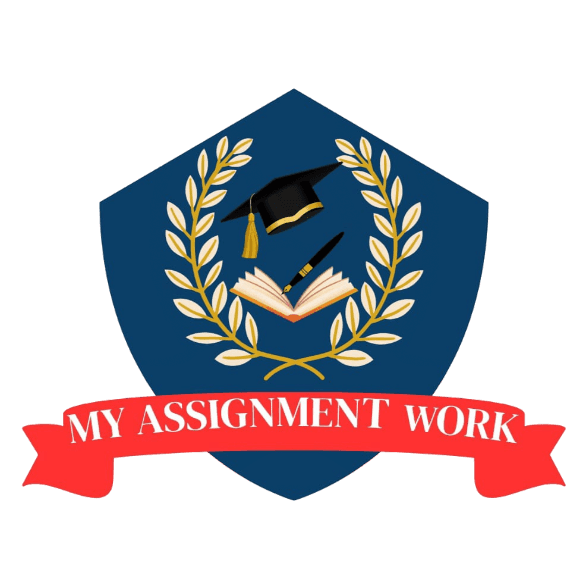Unit 500
Understanding the Skills, Principles and Practice of Effective Coaching and Mentoring within an Organisational Context
Unit aim:
This unit aims to provide learners with an understanding of the skills, principles and practice required for effective coaching or mentoring within an organisational context.
Learning Outcomes
Understand the purpose of coaching and mentoring within an organisational context
Assessment criteria
The learner can:
1.1 Define what coaching and mentoring is within an organisational context, explaining the
similarities and differences between coaching and mentoring
1.2 Evaluate how the organisational context affects coaching or mentoring
1.3 Present the business rationale for using coaching or mentoring to benefit individuals and
organisations
1.4 Assess how the impact of coaching or mentoring can be measured for individuals and
organisations
1.5 Identify potential barriers to coaching or mentoring and develop appropriate strategies to
minimise these barriers
Depth
1.1 Current definitions of coaching and mentoring (e.g., Rogers, Starr, etc.)
Differences and overlaps between coaching and mentoring,
Circumstances when coaching or mentoring are the best or most suitable intervention.
1.2 Organisational factors that may affect coaching or mentoring, such as:
- Structure, culture and performance and the role coaching or mentoring has in
supporting effective performance. - Values, ethics and principles within the organisations.
- Support for coaching or mentoring internally (e.g., policies, procedures, strategies and
senior level support, etc.).
Review and evaluation of current evidence, research, etc. in coaching or mentoring.
1.3 The business rationale for coaching or mentoring (e.g., for professional development,
strategic goals, personal development, problem solving, improving individual or
organisational performance, etc.).
1.4 Measurement against individual and organisational objectives relating to coaching or
mentoring.
Measures to assess the impact of coaching or mentoring (e.g., financial returns,
Kirkpatrick, etc.).
1.5 Potential barriers to effective coaching or mentoring (e.g., time, resources, attitudes,
beliefs, values, ownership, etc.).
Potential barriers may be individual or organisational.
Strategies to minimise or overcome these potential barriers.
Organisational context and receptiveness for coaching or mentoring.
2 Understand the knowledge, skills and behaviours required to be an effective coach or mentor
2.1 Review the knowledge, skills and behaviours required to be an effective coach or mentor
2.2 Analyse the communication skills required by an effective coach or mentor
2.3 Review the responsibilities of the coach or mentor to manage relationships effectively
2.4 Review an effective coaching or mentoring model which can be followed within an
organisational context
2.5 Justify the importance of reflective practice and supervision for an effective coach or mentor
3 Understand the importance of effective contracting and management of the coaching or mentoring process
3.1 Analyse the reasons for and the characteristics of effective contracting in coaching or
mentoring
3.2 Explain how to manage the coaching or mentoring process within an organisational
context
GET THIS ASSIGNMENT READY FOR £159 WITH NO HIDDEN CHARGES! 100% ORIGINAL AND CUSTOM WORK IS GUARANTEED.

